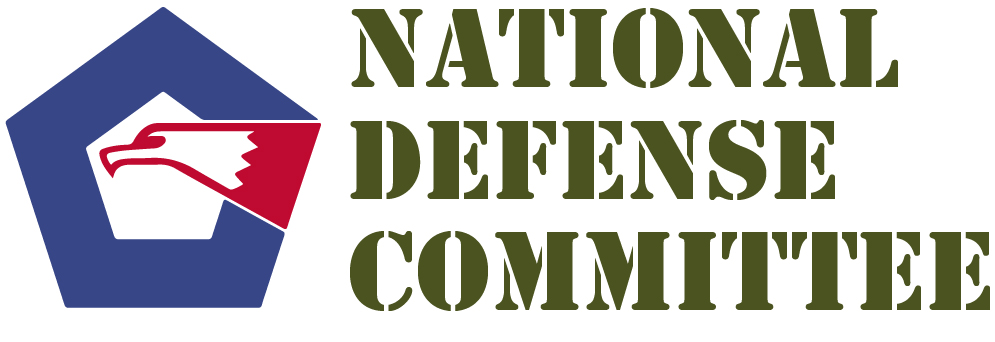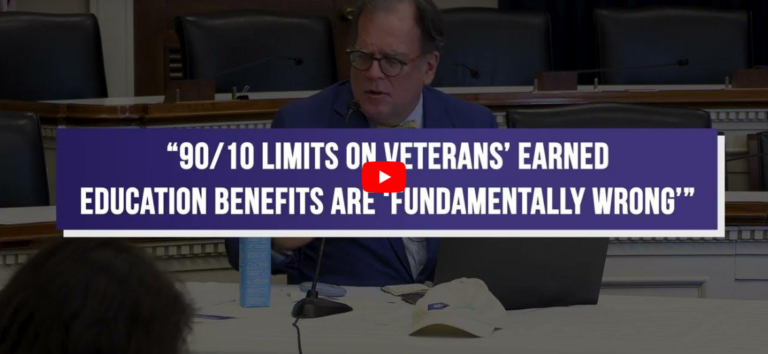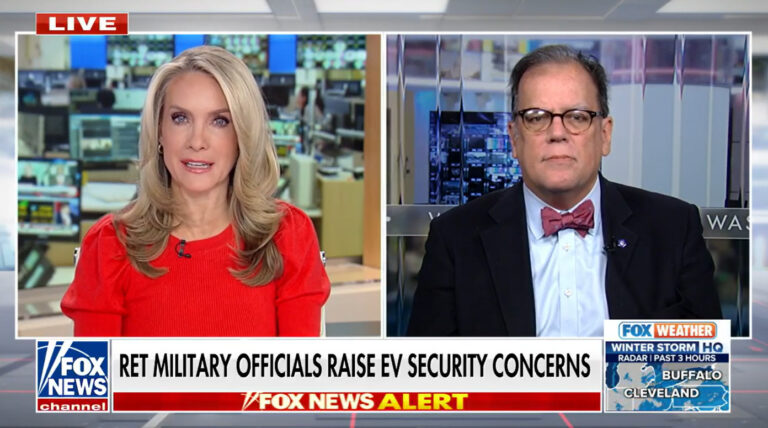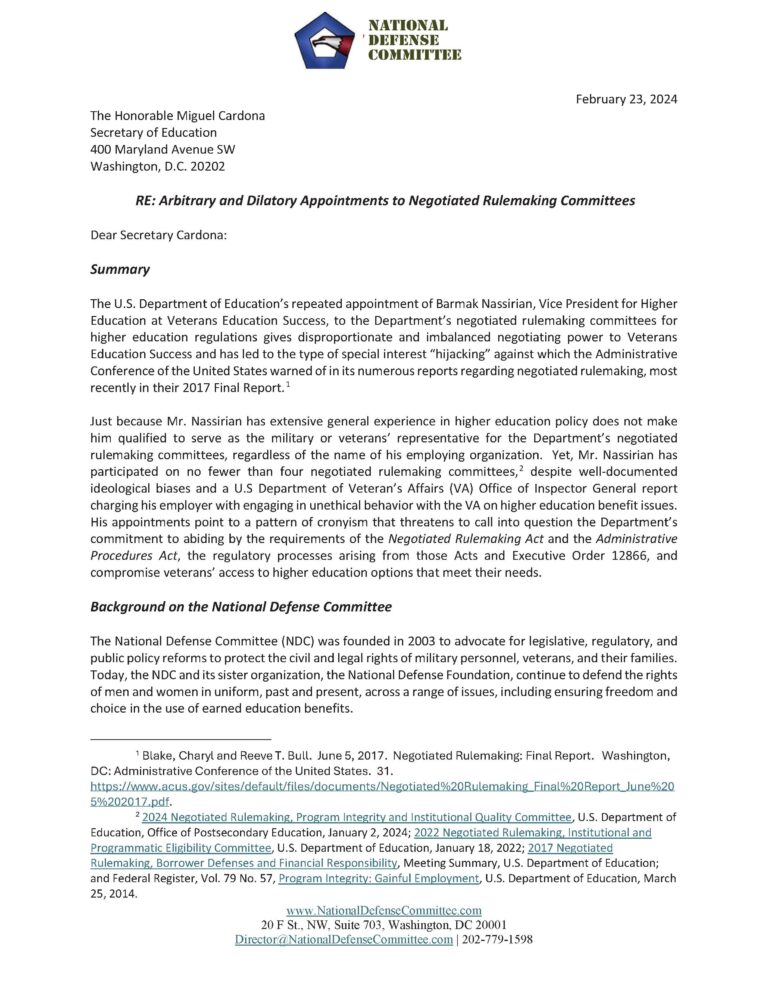Military & Veteran Students Choose Higher Education Options that Work for Them
Military members and veterans aren’t typical college students. They are usually older than their classmates, often times have families, are looking to get the skills they need for their next jobs, and are also balancing the integration from military service to civilian life. Many pursue their degree while working full-time and raising a family.
Very simply, military and veteran students need programs that can accommodate their schedules and learning needs—which is why many choose career colleges.
Career colleges offer flexible schedules, personalized programming, and teach career-applicable skills. Many provide financial counseling and have kept tuitions low, helping students maximize their federal student aid. These schools are generally more accepting of military and veteran students, who often are not welcome, or cannot get into, “elite” universities.
As CNBC reported last year, reports show that college “is becoming a path for only those with the means to pay for it,” and “costs are still rising.” Military and veteran students are opting for career colleges, which are not only more cost effective, but also offer leading online programming. A 2021 report found that 55 percent of career college students completed degrees exclusively through distance learning, compared to just 18 percent and six percent of students at non-profit and public colleges, respectively.
What’s more, career colleges are good value for veterans. A recent analysis of veteran education benefits and tuition rates in the Journal of Policy Analysis and Management found when the Department of Veterans Affairs changed the maximum tuition payment under the Post-9/11 GI Bill to a single national maximum instead of the variable state-by-state maximums, tuition at career colleges only increased by one percent. In other words, even when presented the chance to legally raise tuition, proprietary schools by and large passed up the opportunity and kept tuition essentially unchanged.
Even greater detail on the Department of Education’s assault on career colleges can be read in our Condescending Paternalism report.






